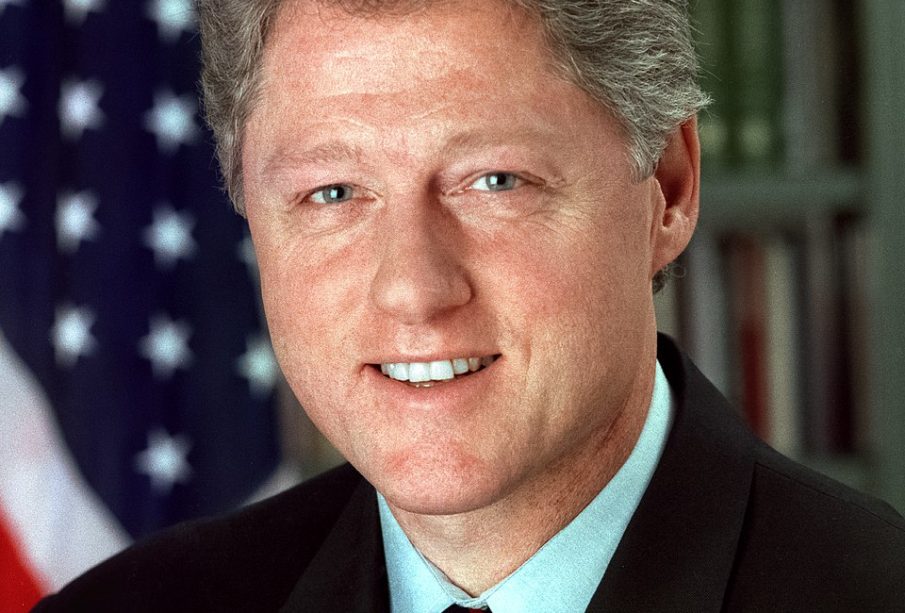Bill Clinton: Legacy and Current Influence on American Politics

Introduction
Bill Clinton, the 42nd President of the United States, served from 1993 to 2001, and his presidency continues to shape political discourse today. Known for his charismatic leadership style and economic policies, Clinton’s influence extends beyond his two terms. Understanding his legacy is crucial, particularly as contemporary political leaders often reference his approaches to governance, economics, and foreign policy.
Key Policies and Achievements
During his presidency, Clinton enacted significant economic reforms that led to a budget surplus, the longest peacetime economic expansion in American history, and a reduction in the national unemployment rate. His administration is also remembered for landmark legislation such as the North American Free Trade Agreement (NAFTA), which reshaped trade relations with Canada and Mexico.
However, Clinton’s presidency wasn’t without controversy. The Monica Lewinsky scandal and subsequent impeachment by the House of Representatives in 1998 marked a tumultuous chapter. Despite these challenges, he remained popular with the American public, ultimately finishing his presidency with a high approval rating.
Current Relevance
Even years after leaving office, Clinton’s impact on American politics remains significant. His foundation, the Clinton Foundation, focuses on global health, climate change, and youth engagement, demonstrating his commitment to public service. Many current politicians and leaders refer to his administration as a model for addressing complex issues such as healthcare reform and economic inequality.
Moreover, recent political events have seen discussions of Clintonian policies resurging, especially in light of present-day economic challenges. His centrist approach appeals to many Democrats seeking a balance between progressive ideals and practical governance.
Conclusion
Bill Clinton’s presidency laid the groundwork for understanding not just the political landscape of the ’90s, but also contemporary issues that resonate today. His policies and interpersonal skills continue to serve as a reference point for current leaders navigating a polarized political climate. As America faces new challenges, Clinton’s legacy will undoubtedly play a role in shaping discussions and solutions in the years to come.

